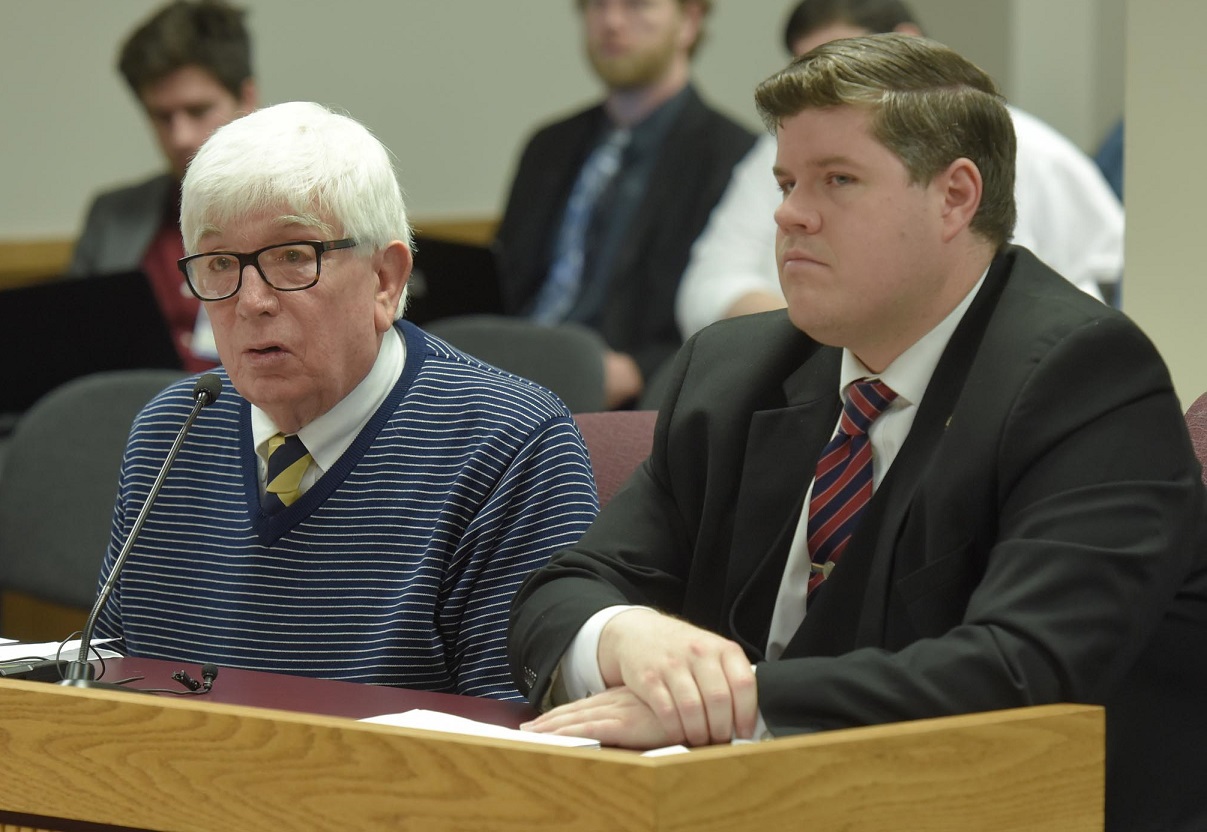February 18 will mark the five-year anniversary of a tragedy that shook Springfield, the State of Missouri, and the nation. State lawmakers are hoping this will be the year the legislature passes a bill meant to honor the little girl killed that day in 2014.

House Bill 185 is commonly known as “Hailey’s Law,” named for Hailey Owens. Owens was 10 years old when she was kidnapped while walking home from a friend’s house. She was murdered and her body was found early the next morning.
“It was incredibly traumatizing,” said State Representative Curtis Trent (R-Springfield), the House sponsor of Hailey’s Law. “As I remember the event everybody was talking about it. Wherever you went people were commenting on it. A lot of people, especially people with young families, were concerned that this sort of thing could happen. I think there was a lot of concern and outrage over the length of time it took to issue the Amber Alert. People were questioning the efficiency of that system, and so there was just a lot of uncertainty, a lot of confusion, and a lot of anger that such a thing had happened despite all the safeguards that had been attempted to be put in place to prevent it.”
Soon after the arrest of her killer, state officials and lawmakers turned their attention to the Amber Alert System. Though witnesses saw Owens being abducted, more than two hours passed before an Amber Alert was issued to let authorities and the public statewide know to look for her, and what her kidnapper and his vehicle looked like.
Legislators then and now said that faster issuance of an Amber Alert is unlikely to have changed the outcome in Owens’ case – she is believed to have been killed too soon after her abduction – but Trent said the case highlighted a need to expedite the issuance of Alerts.
HB 185 would require the Amber Alert System to be tied into the Missouri Uniform Law Enforcement System (MULES), the computer system that allows all law enforcement in Missouri to communicate. That means once an officer enters information about a missing child into MULES, it would at the same time be available to the Amber Alert system.
Law enforcement in Missouri has already instituted this change. Trent said the purpose of passing Hailey’s Law now is twofold: to make sure those changes remain in effect by requiring them in law, and to honor Owens by naming that law after her.

Jim Wood is the father of the man sentenced to death for killing Hailey Owens. He told the House Committee on Crime Prevention and Public Safety that it was his truck his son was driving on the day of the crime, but law enforcement didn’t contact him until about five hours after the abduction. At the time of the abduction he was at a restaurant about 2-minutes away from his son’s house, which is where Owens was murdered.
HB 185 would also require the state’s Amber Alert System Oversight Committee to meet at least once a year to discuss ways to improve the system. Currently there is no requirement for that committee to meet.
Trent said having that committee meet regularly to evaluate the system means there will be an ongoing effort toward getting alerts out more quickly.
The House and the Senate have in previous years passed the language of HB 185, just not in the same bill, so it’s never become law.
The language of HB 185 was first offered by then-representative Eric Burlison of Springfield, who this year became a state senator. Burlison is now carrying his bill in the Senate. Before Burlison was elected to the Senate the language was carried in that chamber by Senator Caleb Rowden (R-Columbia), who is now the Senate’s majority floor leader. Trent believes having the support of those two lawmakers only increases the chance that Hailey’s Law will at last reach the governor.
The Committee on Crime Prevention and Public Safety will vote soon on HB 185.
